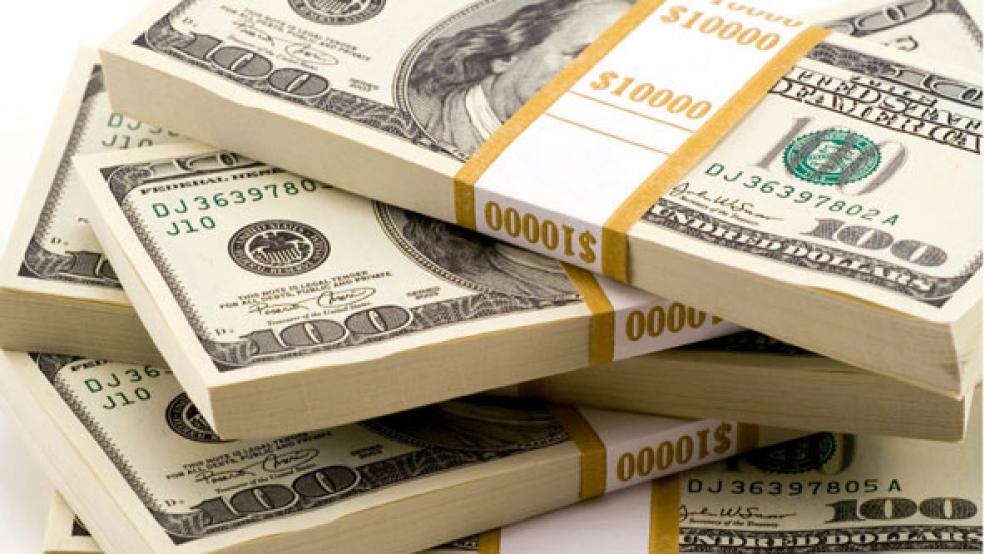What are companies doing with their tax cut windfalls? In addition to boosting shareholder returns through buybacks and dividends (more on that here, here and here), U.S. corporations are placing a new priority on paying down debt, according to a report released Tuesday by Moody’s Investor Service.
"In the aftermath of tax overhaul we have seen a drastic change in company behavior, with companies moving from a net borrower to net payer position," Moody's David Gonzales said in a statement.
Moody’s analyzed what 100 non-financial public companies did with money freed up by the tax cuts and other tax law changes. The most popular use for incremental cash flow was shareholder returns, which accounted for 41 percent of the roughly $200 billion freed up. The second most popular use was debt payments, which accounted for 37 percent of the cash.
"Prior to tax overhaul, the 100 companies we tracked were adding an annual average of $123 billion in additional total debt, but since the overhaul they have paid down $64 billion in total debt," Gonzales said.
And while the tax cuts were sold by Republicans as a way to dramatically boost capital investment, and thereby increase economic growth, productivity and wages, Moody’s said that the “incremental dollars spent show less of a focus on CapEx/R&D and acquisition activities,” accounting for about 22 percent of the cash in the companies analyzed.
The Moody’s report is consistent with other analyses that show relatively weak capital investment by U.S. corporations in the wake of the tax cuts. Commenting on a New York Times piece that takes a look at the tax cuts 10 months on (and that we wrote about yesterday), economist Paul Krugman tweeted Tuesday, “Basically, no sign of the promised investment boom from corporate rate cuts.”

